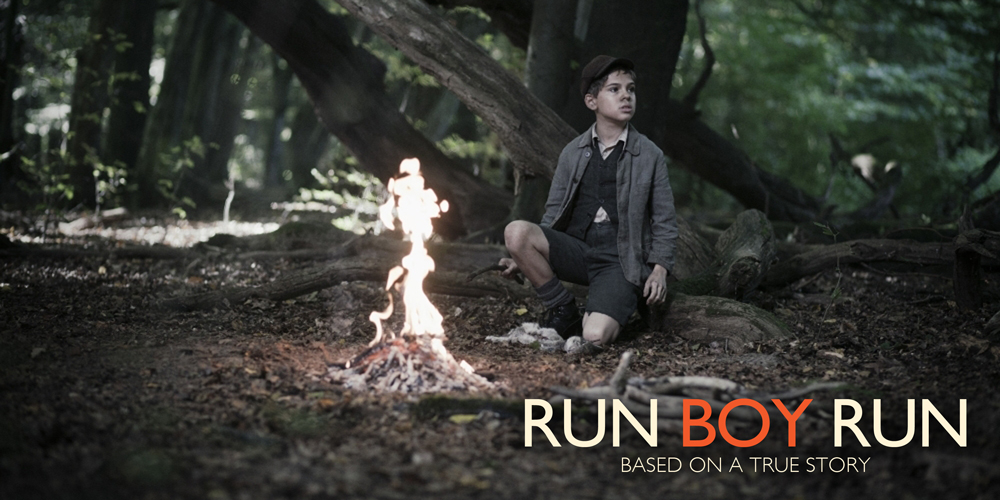

#Run boy run film trial#
Some years ago, he told his wartime story to Israeli author Uri Orlev, who wrote the book in the form of a thriller for young readers – the same way Fridman recounts his experiences for his children and grandchildren, Michal said.įridman’s children attribute his survival to considerable luck, but mainly to his inherent resourcefulness – the same trait he displays in diapering and tying the shoelaces of his youngest grandchildren with one hand, after rejecting a prosthesis following a short trial period. In 1963, he married Sonia, who was born in Russia during World War II, and the couple now has two children and six grandchildren.įridman retired from his position as math teacher 11 years ago and now enjoys his life as family patriarch, ardent basketball fan, and tutor to his grandson in his math homework. With his daughter, Michal, translating and filling in for her 79-year old father, Fridman continued his life story from his aliya in 1948 to the present.Īfter arriving in Israel as a functional illiterate, Fridman took an intensive six-month ulpan course in Hebrew, then started his formal education and eventually earned a master’s degree in mathematics. The film essentially ends there, but in a phone call to his home in Shoham, a Tel Aviv bedroom community, Yoram Israel Fridman – formerly Srulik and Jurek – told the rest of the story. In 1948, he is tracked down by a Jewish search agency and, despite the boy’s initial denials that he is a Jew, he eventually returns to his ancestral roots. In one of the film’s few light episodes, Jurek earns extra food from sympathetic adults by spinning wild stories about how he lost his arm, first blaming a German tank and finally assuring his listeners that Hitler personally cut off his arm.

Even after this horrendous accident, Jurek survives to welcome the Russian liberators and, still passing as a Catholic, spends the next three years in an orphanage in Lodz. Knowing that Srulik will have a better chance of survival as a Catholic boy than as a Jew, she renames him Jurek, teaches him the Hail Mary prayer, gives him a crucifix and, above all, warns him never to take down his pants, or relieve himself, in front of a Pole.ĭespite all precautions, word spreads in the village that Magda is hiding a Jew, the SS raids and torches her home, and after some heart-stopping escapes, the boy is again on the run.įinding work on one farm, the boy’s arm is caught in a wheat-grinding machine and has to be amputated.

Magda is warm-hearted, brave, but above all practical. Knocking at the doors of Polish farmers to ask for shelter in return for work, Srulik encounters rejections and even beatings, but finally is taken by Magda, the wife and mother of Polish partisans (portrayed by Elizabeth Duda in a stellar performance).

He first falls in with a band of orphaned Jewish youngsters who raid Polish farms for food and wood, but when that falls apart, Srulik again strikes out on his own. In 1942, the now eight-year old Srulik is smuggled out of the Warsaw Ghetto and hunkers down, wet, cold and hungry, in a vast Polish forest. The tale of an eight-year old boy who escapes the Warsaw Ghetto and for three years survives on his own in Nazi-occupied Poland could easy defy belief, if the survivor were not still alive and ready to document and detail his experiences.Īt the center of Run Boy Run is the lad born as Israel Fridman, but nicknamed Srulik, the son of a baker in the Polish village of Blonie.
#Run boy run film movie#
Every survivor of the Holocaust has a distinct story and one of the most remarkable is told in the movie Run Boy Run.


 0 kommentar(er)
0 kommentar(er)
